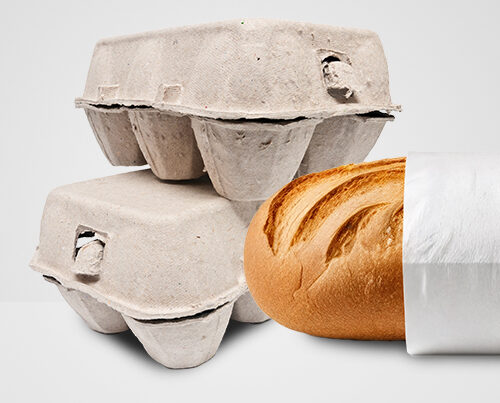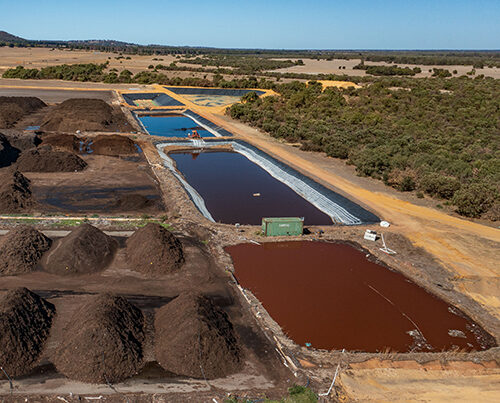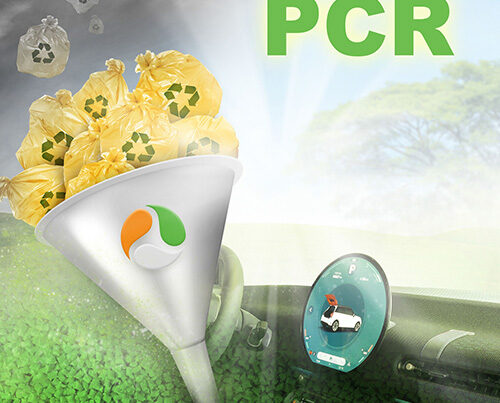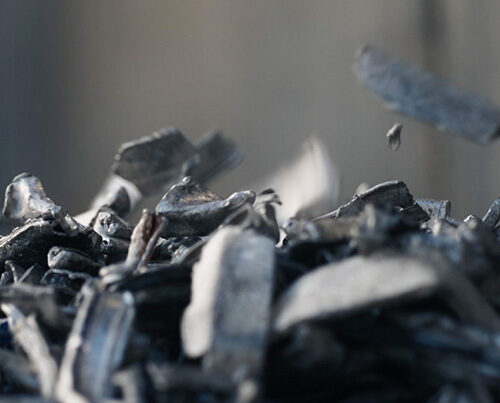Not really sustainable
People trying to make plastic from renewable raw materials are looking to create a biodegradable product. And it would appear that an ever growing number of companies like using these supposedly organic materials. From biodegradable packaging, to biodegradable bin liners, all the way through to biodegradable coffee capsules – the range of biodegradable products is steadily increasing. These materials, however, are creating a major problem for the recycling sector – the promise of sustainability ends here.
Much room for improvement
One advantage of these bioplastics is that they have a positive impact on a company’s ecological footprint. This material obviously helps conserve fossil fuel reserves as they are made completely or partially out of renewable raw materials. Another advantage is that if they end up where they shouldn’t, i.e. in the countryside, then they will have less of an impact on the environment than conventional plastic as they will eventually decompose. The way these eco-friendly materials are currently being handled and recycled, however, needs to be improved.
Supposedly compostable food packaging and bioplastic bags need far too long to decompose – they often end up back on our fields.
The current problems with bioplastics
- Biodegradable materials are not always 100% biodegradable. Products may be called “biodegradable” if 90% of their content has decomposed after a period of twelve weeks. This means that organic waste that has been recycled in a composting plant or digester still contains bioplastic particles that have not decomposed. This is because these processes at industrial plants are much shorter than twelve weeks. The particles end up on our fields – as is the case with normal plastic – and find their way into our ecosystem and food chain. Composting is, therefore, not the right way to recycle these materials.
- Recycling these materials with other types of waste plastic is also problematic. The presence of biodegradable plastic in volumes of conventional waste plastic actually hampers the process used to recycle genuine plastic. The bioplastics lower the quality of the recycled product.
- Introducing a separate collection scheme for bioplastics and setting up a dedicated recycling system for this material make no sense either from an environmental or economic point of view as they are not biodegradable when they are batched together on their own.
- Thermal treatment is the only sensible way to recycle these biodegradable materials. They have a high-energy content, which at best can be used to generate energy.
Image credits: image 1: REMONDIS












